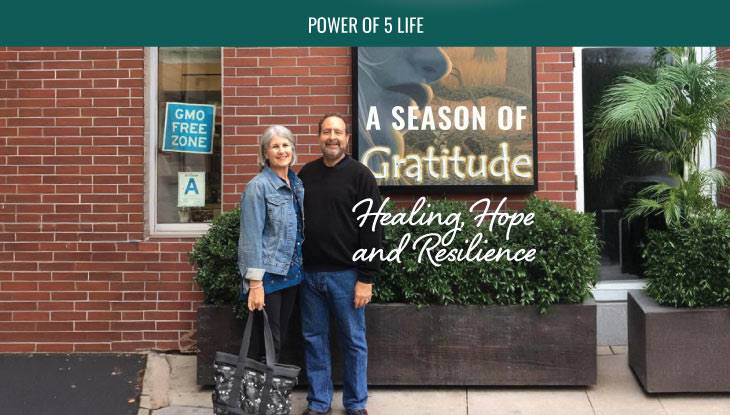Are your parents, or someone you know still driving? Are they driving safely? If so, this can be a sensitive and a touchy issue especially for baby boomers.
As a geriatrician and baby boomer myself, I have faced this situation countless times with my patients and their family members. If you have to counsel a parent, spouse or friend about giving up their drivers license, regardless of the connection, it is a daunting task.
To evaluate the driving concern, a survey was conducted among baby boomers for the website caring.com in partnership with The National Safety Council. The investigators found that suggesting to parents that they stop driving was considered to be the most difficult subject for children to bring up with their parents. They found this to be a subject more difficult even than discussing funeral wishes or selling the family home! Thirty-nine percent (39%) of those surveyed said they would not be comfortable discussing driving status with their parents, while 25% felt that their parents should voluntarily impose some restrictions or safeguards on themselves.
Scientific studies show that physical and cognitive degeneration at older ages compromises driving ability; it is not clear just how much more dangerous older drivers are than other drivers. Most published research shows that accidents per mile driven increase when drivers are in their fifties. And, by the time people reach their eighties, accidents per mile driven are almost as high as they are for the youngest drivers.
Despite some pretty disturbing statistic about accidents, there are some existing protective factors that help improve driver safety. They include: High incidence of seat belt use, the tendency to drive when conditions are the safest, and lower incidence of impaired driving.
Here are some thoughts that may apply to your particular situation.
- Begin with the end result or goal in mind: Senior Parent Not Driving.
- Anticipate instituting a taxi service or a move to a location where driving is not necessary or when there are family members do all the driving.
- You’re dealing with an elder or parent(s) — treat them with love and respect.
- Understand what is motivating them to be so stubborn.
- Accept that this is a common situation; it is painful but must be addressed — stay focused on the task.
- Being coercive is acceptable to get to the end result. By doing this you might have an even better chance of attending your grandchild’s graduation or wedding.
- Be prepared to retreat, only to try again.
- Be prepared to accept the things you just cannot change, and not beat yourself up if you don’t succeed.
- Use teamwork; ask other family members and close friends for help.
Additionally, feel free to contact the primary care doctor’s office for advice. Keep an open mind and accept counsel and the support of others when you have setbacks.
I am so passionate about the importance of the safety of Senior Driver’s and those other drivers on the road, that my book Senior Driving Dilemmas Lifesaving Strategies address these topics including the realities; good and bad. Senior Driving Dilemmas offers real life situations, suggestions and solutions to address should you have a senior driver in your family.
I would love to hear back from you on your successes or challenges with this very important topic!
Join in the conversation, this can only help get through a challenging situation!
To a healthy, happy and long life,
David Bernstein, MD


